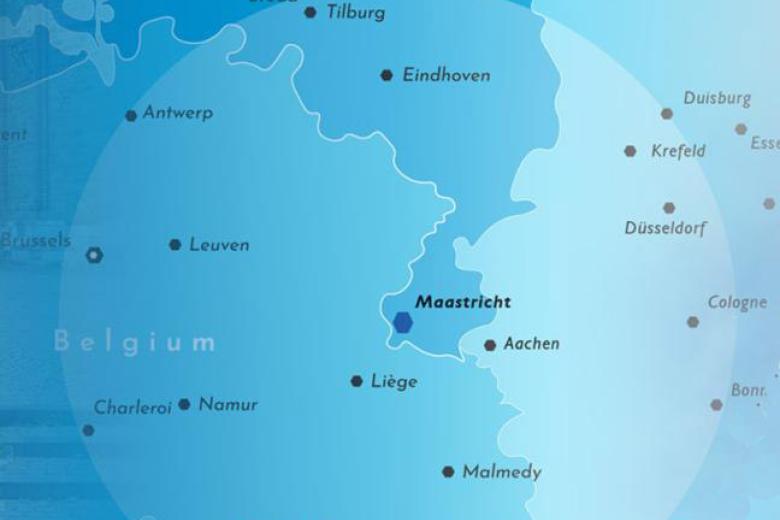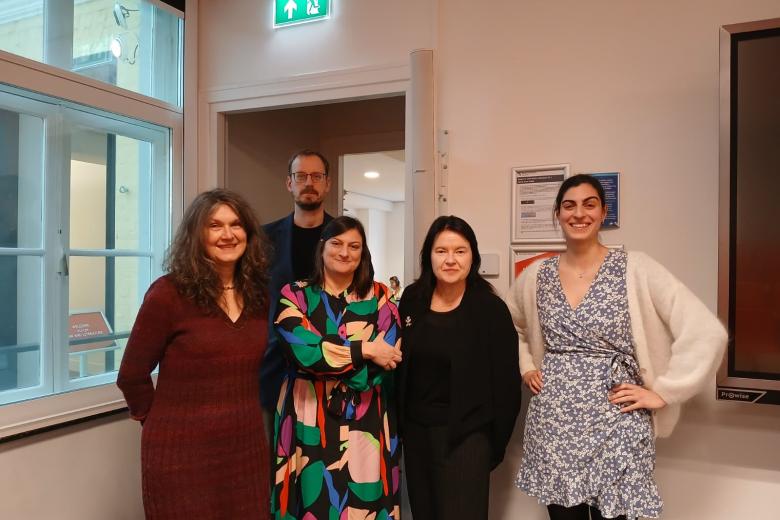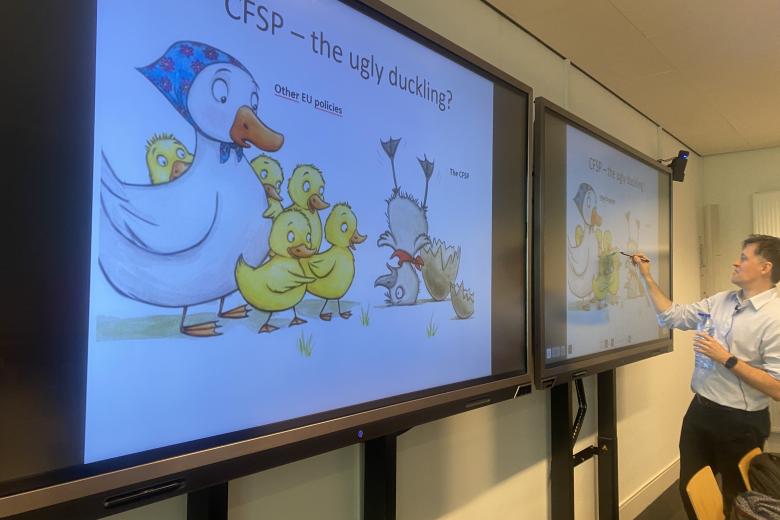Steel tariffs explained: Why is the EU doubling them — and at what cost?
The EU announced last week that it would double its tariffs on steel to 50 percent, bringing them in line with US levels. Studio Europa Maastricht spoke with Mark Sanders, Associate Professor of International Economics at Maastricht University about the latest developments surrounding the increase in steel tariffs.
"What this move means for the European economy? The standard economist response: it depends. The economic effects of this policy will come, if they come, through impacts on European steel prices and, to a much lesser degree, production volumes. The price effects are most important, as steel is an input in a wide range of industries. But the price effects are probably limited. That is because this tariff is not the only tariff. It was raised from 25 to 50 on all non-EU steel above 2013 import levels, not in response to the tariff of the US on EU steel but in response to the presumed dumping of Chinese steel on world markets that intensified after the US put up barriers to Chinese imports.
Already before the trade and tariff wars the Chinese have invested heavily in their steel industry and subsidised the sector, causing it to create a significant overcapacity. Now that the US market is no longer available to them, this overcapacity floods the non-US markets, most notably the EU. We need more steel for the defence industry, but not that much more and we do not want to depend on China for that supply. So Europe now sets a tariff on all non-EU steel to protect domestic production capacity. "
Read the entire article (in Dutch) on the website of Studio Europa Maastricht.
Also read
-
DigiMach places Meuse-Rhine Euroregion at the heart of industrial digitalisation
DigiMach (Digital Machining) is a new cross-border project uniting Belgium, Germany, and the Netherlands around a common goal: accelerating the digitalisation of the machining industry in the Meuse-Rhine Euroregion.
-
Globalisation & Law Network seminar with Áine Ryall
On 24 November 2025, the Globalisation & Law Network, together with the Institute for Globalisation and International Regulation (IGIR) held the seminar with Professor Áine Ryall.
-
Guest Lecture: Lóránt Havas explores current challenges in the EU’s CFSP
Lóránt Havas delivered a guest lecture on the EU’s evolving CFSP, discussing key legal developments, institutional challenges, and new defence instruments.